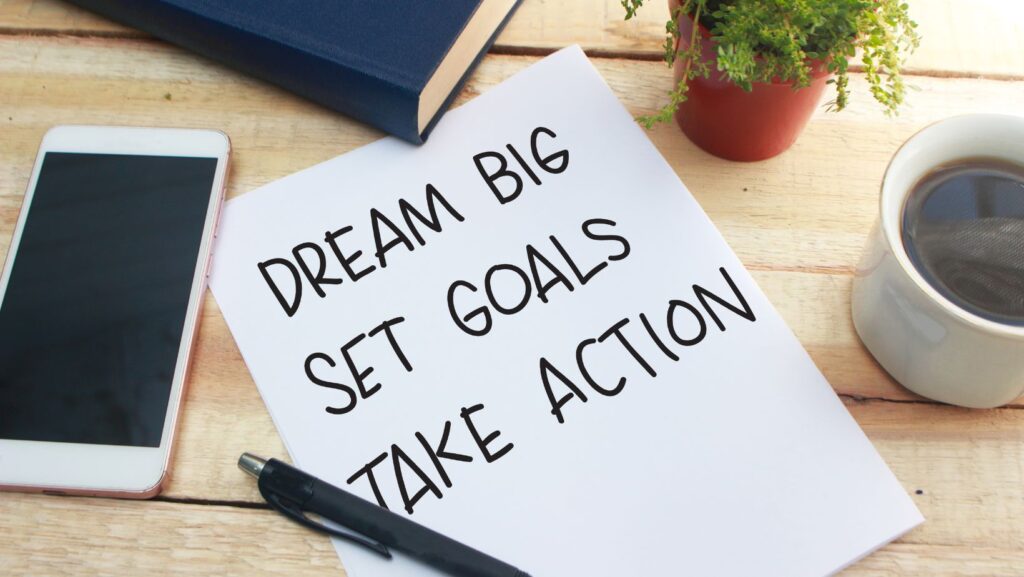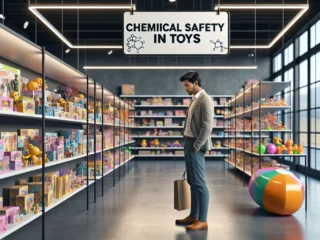
Counseling Establishes Which of the Following
Counseling is a powerful tool that can help individuals navigate through life’s challenges and find clarity and direction. It provides a safe space for self-reflection, growth, and healing. But have you ever wondered what exactly counseling can establish? In this article, I’ll delve into the various aspects that counseling can help establish, from self-awareness and personal goals to improved relationships and emotional well-being. So, if you’re curious to discover the transformative power of counseling, keep reading to uncover the answers you’ve been seeking.
Counseling is not just about talking through problems; it goes beyond that. It can establish a strong foundation of self-awareness, allowing individuals to gain a deeper understanding of their thoughts, feelings, and behaviors. Through the guidance of a skilled counselor, you can uncover hidden patterns, identify limiting beliefs, and develop strategies to overcome obstacles that may be holding you back. By establishing this self-awareness, you can pave the way for personal growth and positive change.
Personal Goals: Defining Aspirations and Creating a Roadmap for Success
As a counselor, I firmly believe that counseling is a powerful tool for individuals to establish and achieve their personal goals. Through the process of counseling, clients are able to define their aspirations and create a roadmap for success. In this section, I will explain how counseling facilitates the establishment of personal goals and the steps involved in creating a roadmap towards achieving them.
Identifying Personal Goals
One of the first steps in counseling is helping clients identify their personal goals. This involves introspection and self-reflection, allowing individuals to identify what truly matters to them and what they want to achieve in their lives. Through open and non-judgmental conversations, I help clients uncover their deepest desires and aspirations.
Creating a Roadmap for Success
Once personal goals have been identified, the next step is creating a roadmap for success. This involves breaking down the larger goals into smaller, actionable steps that can be taken to move closer towards achieving them. I work closely with clients to develop a strategic plan that outlines the necessary actions, resources, and timelines needed to reach their objectives.
Enhancing Motivation and Accountability
A significant aspect of counseling in establishing personal goals is enhancing motivation and accountability. I encourage clients to reflect on their values, strengths, and passions, which serve as fuel for their motivation. Moreover, I provide support and hold clients accountable for their progress, helping them stay focused and committed to their goals.
Addressing and Overcoming Challenges
In the journey towards achieving personal goals, challenges and obstacles are inevitable. However, counseling equips individuals with the necessary skills and strategies to address and overcome these challenges. Whether it’s building resilience, developing problem-solving skills, or managing setbacks, I guide clients through the difficulties they may face, empowering them to stay on track and remain resilient.
Tracking Progress and Celebrating Achievements
Lastly, counseling plays a crucial role in tracking progress and celebrating achievements. Regular check-ins and evaluations allow clients to assess their progress, make adjustments if needed, and celebrate milestones along the way. Recognizing and celebrating achievements boosts morale and motivation, reinforcing the client’s belief in their ability to succeed.
Counseling provides individuals with the tools and support they need to establish personal goals and create a roadmap for success. By working together, we can develop a clear vision of their aspirations, break them down into actionable steps, enhance motivation and accountability, overcome challenges, and ultimately celebrate the achievements.

Improved Relationships: Building Stronger Connections and Communication
In counseling, one of the key areas that it establishes is improved relationships. When we focus on introspection and self-awareness, we can understand ourselves better and how we relate to others. Through this process, we can begin to build stronger connections and improve our communication with those around us.
Here’s how counseling helps establish improved relationships:
- Increased self-awareness: Counseling allows individuals to dig deep into their emotions, thoughts, and behaviors. By understanding ourselves better, we can identify patterns that may be affecting our relationships. This self-awareness helps us to recognize areas where we may need to make changes or seek growth.
- Effective communication skills: Through counseling, we learn essential communication skills that can significantly impact our relationships. We understand the importance of active listening, empathy, and expressing ourselves assertively. These skills promote understanding and create a safe space for honest and open dialogue.
- Conflict resolution: Addressing conflicts is an integral part of counseling. By learning techniques to resolve conflicts effectively, we can navigate difficult conversations with grace and respect. Counseling equips us with strategies to handle disagreements constructively, fostering healthier and more harmonious relationships.
- Improving boundaries: Boundaries are vital in any relationship. Counseling helps individuals establish clear boundaries and communicate them effectively. By setting healthy boundaries, we protect our emotional well-being and create an atmosphere of respect and mutual understanding.
- Enhanced empathy: Counseling nurtures empathy, allowing us to put ourselves in someone else’s shoes and understand their perspective. This empathy fosters deeper connections and meaningful relationships. It promotes compassion, patience, and a willingness to support and uplift others.
- Building trust: Trust is the foundation of any healthy relationship. Through counseling, we work on rebuilding trust, both in ourselves and in our connections with others. We learn to be trustworthy, reliable, and consistent, which strengthens our relationships over time.
By establishing improved relationships, counseling empowers individuals to create fulfilling connections in their personal and professional lives. It equips us with the skills and mindset needed to build healthier and more satisfying relationships, leading to a greater sense of joy and fulfillment.












